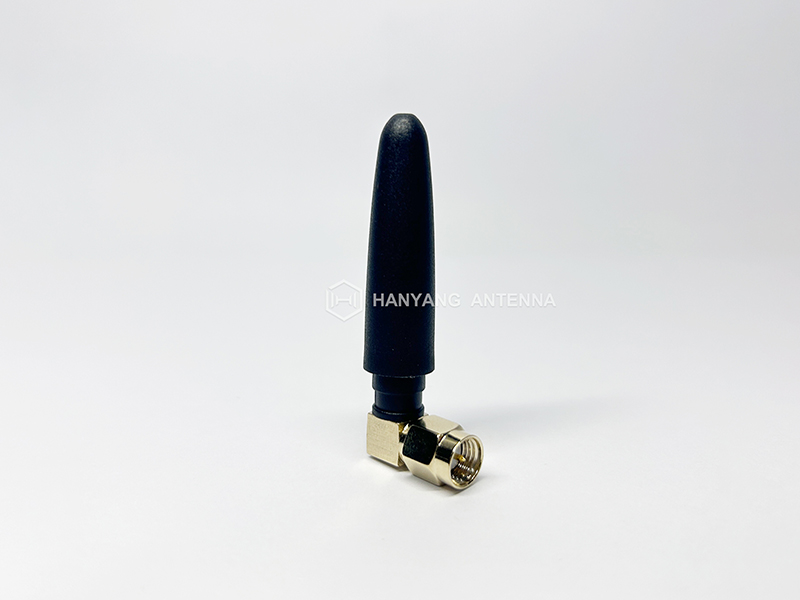In the age of smart technology, the efficiency of smart meters heavily relies on their antennas, which are crucial for reliable communication between consumers and utility companies. As energy management becomes more connected, ensuring that the antenna on your smart meter is functioning optimally is essential for accurate data transmission and monitoring.
Smart meters use wireless communication to send real-time energy usage data back to utility providers. A well-functioning antenna ensures that this data is transmitted efficiently, helping consumers stay informed about their energy consumption and allowing utilities to manage resources effectively.
Recent reports indicate that many consumers may be unaware of potential issues with their smart meter antennas. Factors such as physical obstructions, environmental interference, or poor installation can negatively impact signal strength. Utility companies are urging customers to be proactive in monitoring their smart meters and report any inconsistencies in their energy readings.

“An underperforming antenna can lead to inaccurate data and potentially higher bills,” warns Dr. Rachel Wong, a telecommunications expert. “Regular checks and maintenance are key to ensuring these devices function correctly.”
To help consumers, many utility providers are implementing outreach programs that include educational resources on how to check the performance of smart meter antennas. These initiatives aim to empower users to take charge of their energy management and maintain the efficiency of their smart meters.
As smart meters continue to play a pivotal role in energy consumption and sustainability, attention to their antenna performance will be crucial. Ensuring that these devices operate at their best will not only benefit consumers but also support the overall efficiency of the energy grid.
For tips on checking your smart meter's antenna and ensuring optimal performance, visit www.hyantenna.cn

